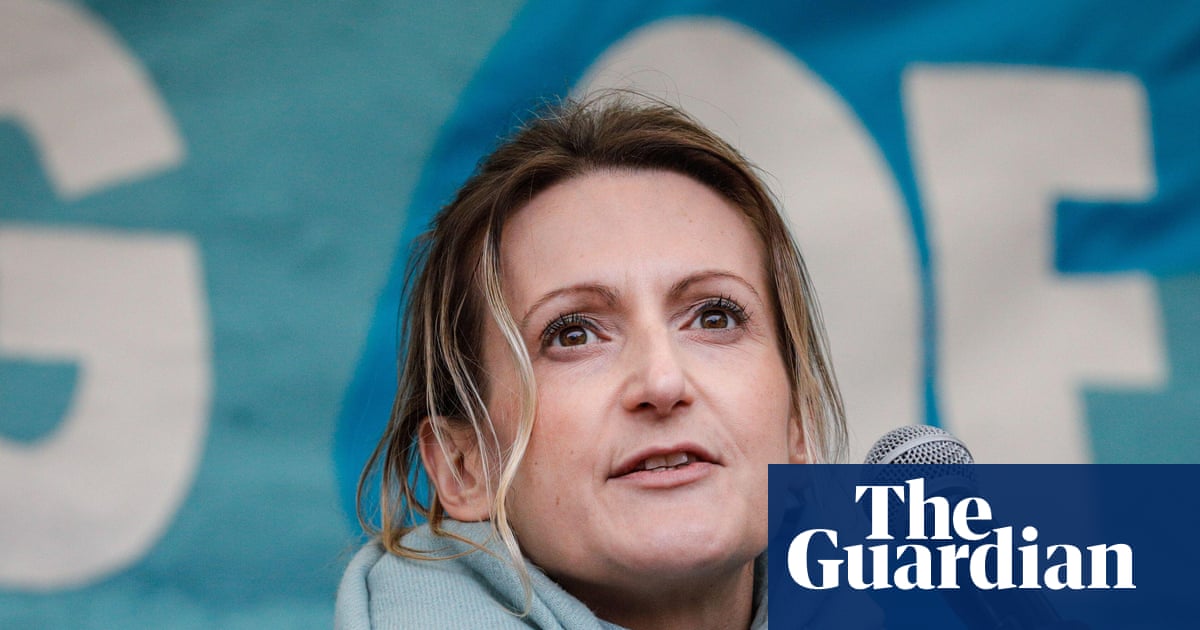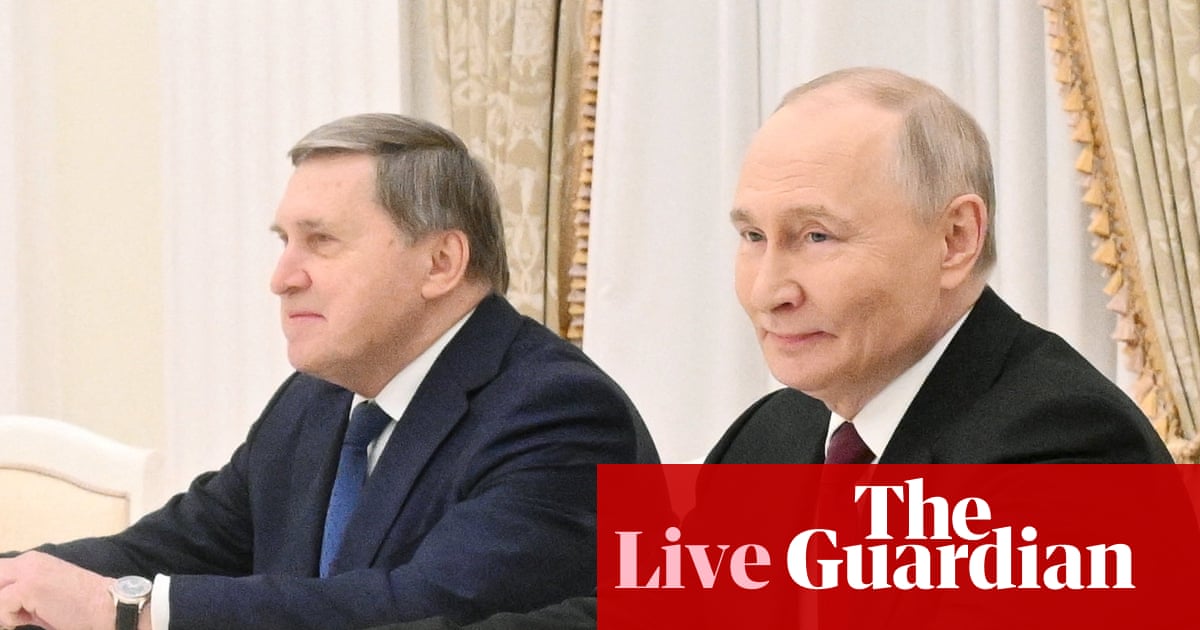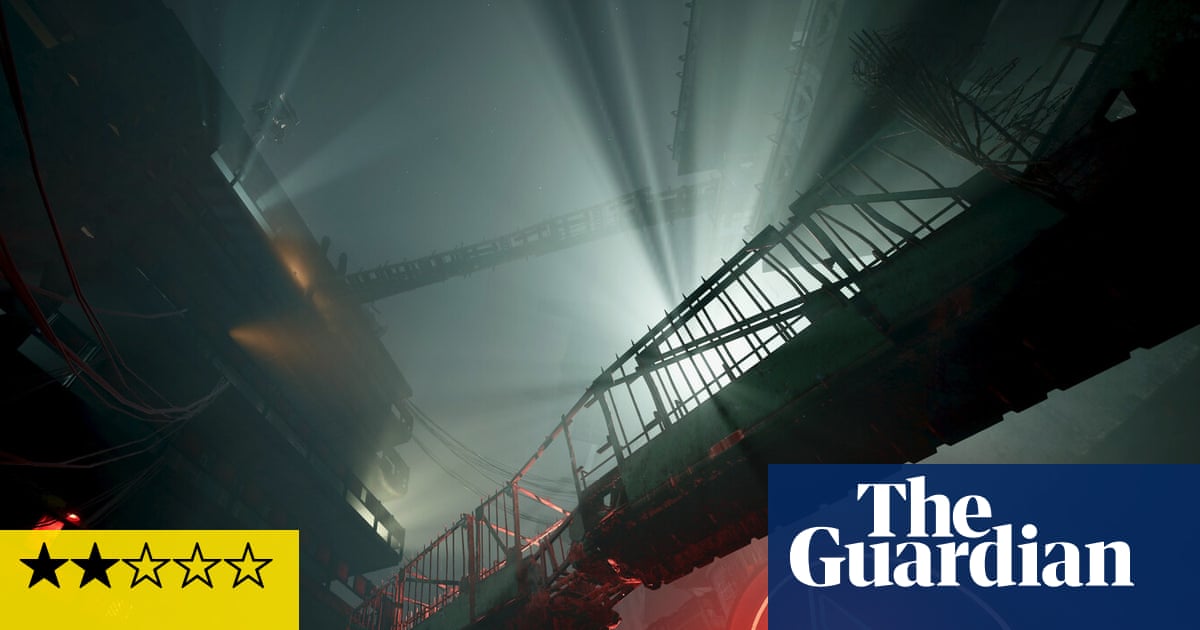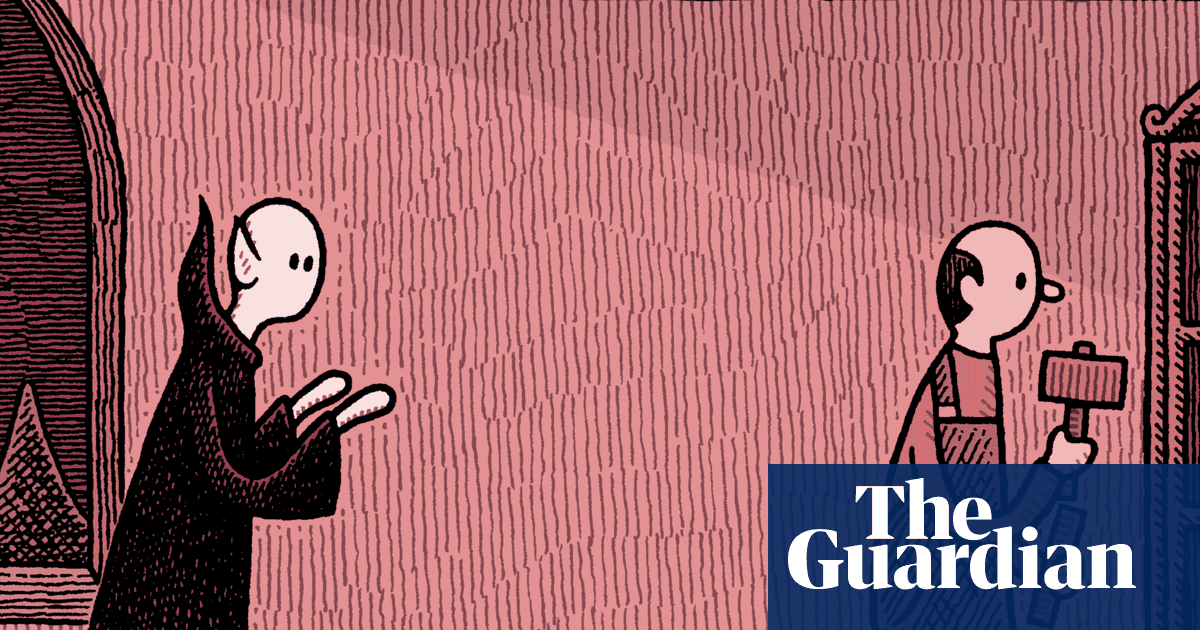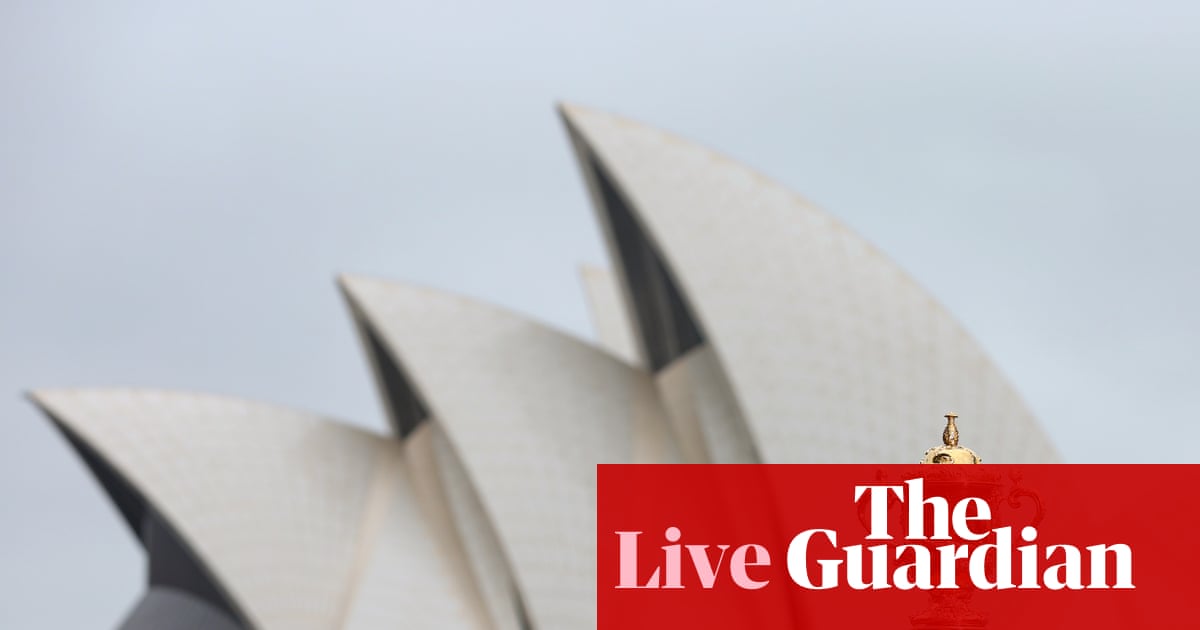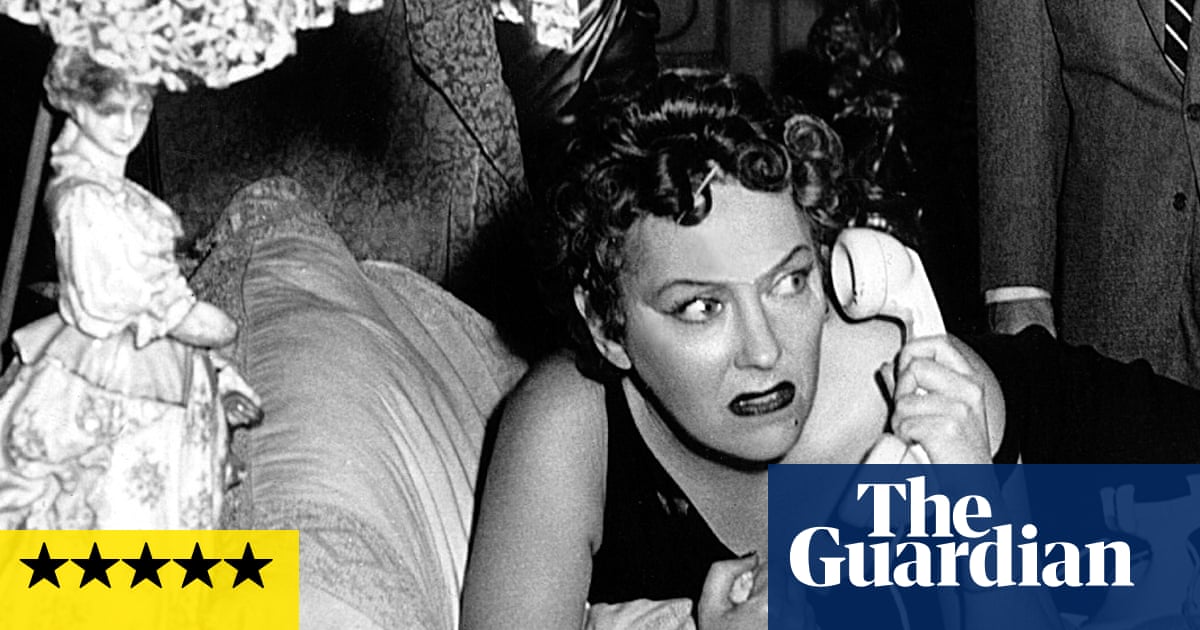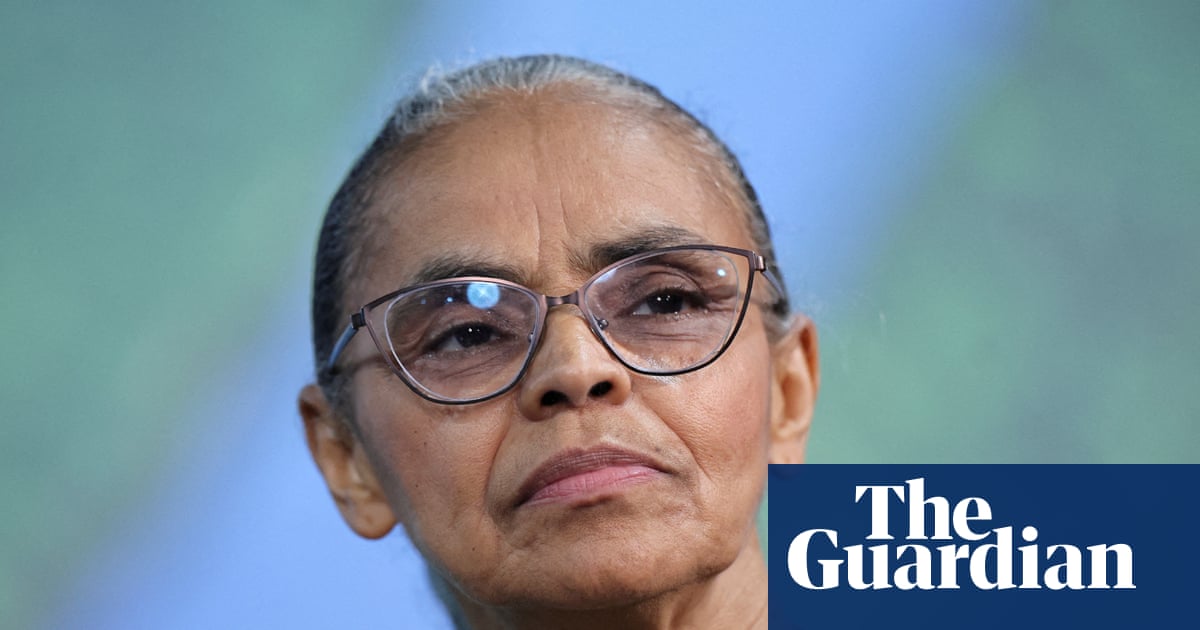Donald Trump had better hope the members of the Nobel committee are not paying attention to what’s happening inside the United States. If they did take a look, they’d notice a jarring pattern. While the US president likes to play the peacemaker abroad, at home he is Trump, bringer of war.
It’s easy for the first fact to conceal, or divert our attention away from, the second. This week was a case in point. It began with Trump travelling to Israel, where he was hailed as a latter-day Cyrus, a mighty ruler whose name would be spoken of for millennia to come, the man who had brokered what he himself boasts is an “everlasting” peace.
Never mind that Trump’s success, for which he certainly deserves some credit, was in pushing Hamas and Israel to agree a ceasefire and release of hostages and prisoners, a fragile arrangement that does not address, let alone solve, the underlying Israeli-Palestinian conflict. He presented it as a triumph of the ages and one more notch on his peacemaker’s bedpost, taking the tally of wars he claims to have ended to eight.
Indeed, buoyed up by his success, he is having another go at the one he thought would be easy but which, to his irritation, has proved as complex as all the hated experts and deep state naysayers warned it would be: Russia’s war on Ukraine. On Thursday he announced his plan to meet yet again with Vladimir Putin, this time hosted by Viktor Orbán in Budapest (which has the happy side-benefit of trolling the EU).
Unfazed by the failure of their last meeting in Alaska, and by his own failure ever to stand up to Putin, Trump clearly believes he has pacific momentum and that the healing magic his touch brought to Gaza will similarly unite Moscow and Kyiv.
But what undermines this new, Nobel-ready look of Trump’s is not only the absurd braggadocio, or even the confusion of the style and optics of peacemaking for the substance and hard graft it requires. It is the fact that he is fomenting war at home on his own citizens. I am not speaking metaphorically. Increasingly, serious analysts not prone to hyperbole are warning that Trump seems bent on provoking a second American civil war. The evidence is piling up.
The most obvious is Trump’s deployment of US troops on the streets of America’s cities. He claims that his original decisions to send in the National Guard to Los Angeles, Washington DC, Chicago, Portland and Memphis were motivated solely by concern over crime. In his telling, these places were “overrun” by violence and local police needed his help. But that doesn’t stack up.
The data shows that most of the cities Trump has targeted have lower rates of violent crime than other large cities that have remained untouched. (Of the 10 major US cities with the biggest crime problems, Trump has hit only one: Memphis.) So why would Trump be sending in the troops?
One explanation is that he lives in such a closed filter bubble, his sources of information so narrow, that he is not in possession of the actual facts. Earlier this month, he described Portland, Oregon as a “burning hellhole”, adding that “You see fires all over the place. You see fights, and I mean just violence. It’s just so crazy.” The people of Portland – cycling or taking their kids to the park, as normal – were bemused. It seemed Trump had been watching Fox News, confusing footage from the riots of 2020 with today.
But none of this is a mistake. For what the likes of Chicago, LA and Portland have in common is not imagined rates of runaway crime but something that angers Trump much more: they are Democrat-run cities in Democrat-led states. (The giveaway is that Cleveland, Ohio and Kansas City, Missouri have higher rates of violent crime but are under Republican governors. So they have been left alone.)
This is a political act by Trump, designed to intimidate potential strongholds of opposition. Some critics suspect the administration hopes to provoke violence from those whose cities now feel like occupied territory. Perhaps a riot or an attack on the military that can be instantly spun, as the assassination of Charlie Kirk was, as an act of leftist terrorism that merits a further crackdown, seizure of emergency powers or suspension of liberties.
Others believe this is about normalising the presence of troops on the streets before next year’s midterm elections, a crucial contest that could see Republicans lose the House of Representatives, handing Democrats a serious check on Trump’s power. In this view, troops will be in place either to scare away minorities and others who might usually vote for the Democratic party, or for the battle after polling day, to enforce an attempt by the White House to void results that don’t go their way. Think of a re-run of 6 January 2021 – except this time with the armed forces on hand to ensure Trump’s will is done.
The obvious objection to this scenario is that the US military would surely refuse to let itself be used as a partisan political instrument. But that is to miss what Trump and Pete Hegseth – now rebranded not as secretary of defence, but as secretary of war – are doing to the US military. Witness last month’s jawdropping meeting of hundreds of top US admirals and generals, gathered from across the globe. Trump could not have been clearer, instructing them that they now faced an “enemy from within”, that their job was to deal with “civil disturbances” and that they should regard America’s “dangerous cities as training grounds”. At one point, Hegseth said that any officer who disagreed with the new, Trumpian conception of the US military should “do the honorable thing and resign”.
All of this comes in the context of a president who is nakedly using the justice system to punish his critics – note the indictment issued on Thursday against his former national security adviser John Bolton – whose chief adviser called the Democratic party a “domestic extremist organisation” even before the Kirk killing; that sends masked agents to snatch people, including US citizens, off the streets; that is using the government shutdown to eliminate “Democrat agencies”, meaning those pockets of the independent civil service that might act as a restraint on presidential whim, while cutting funds to institutions, from the universities to public broadcasting, that might do the same; and that is imposing ideological orthodoxy on the entire federal bureaucracy, with the FBI’s firing of an employee who had displayed the pride flag only the latest example.
Trump likes talking the peace talk when it comes to Palestinians and Israelis or Russians and Ukrainians. But inside the US, where red meets blue, he does not see a contest between rivals but rather a conflict with an enemy he admits he hates – one that has to be fought by any means necessary, even to the very end.
-
Jonathan Freedland is a Guardian columnist
-
Do you have an opinion on the issues raised in this article? If you would like to submit a response of up to 300 words by email to be considered for publication in our letters section, please click here.

.png) 1 month ago
48
1 month ago
48
